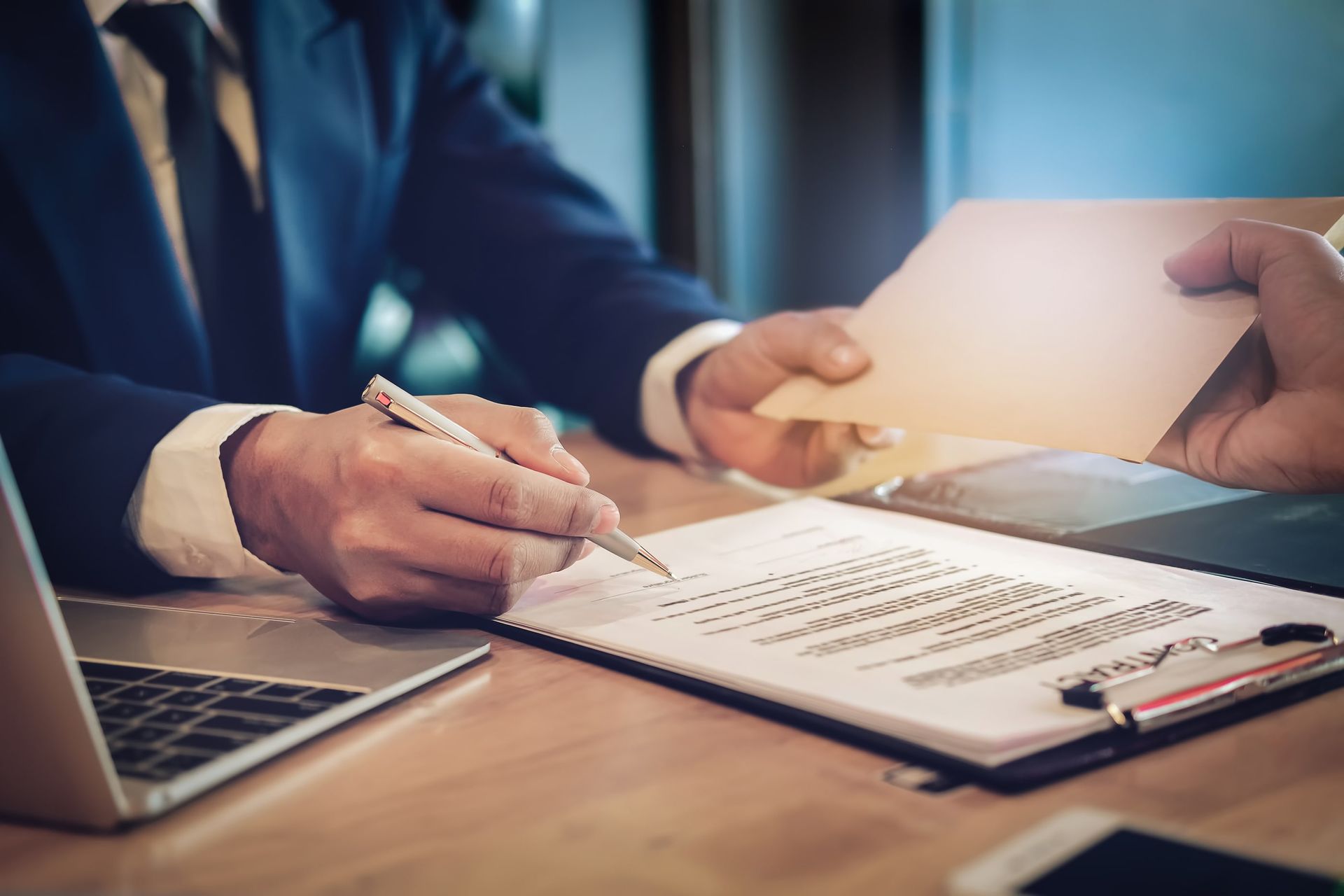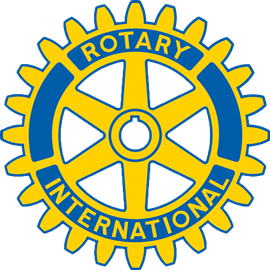Why File for New Jersey Bankruptcy
What Can a New Jersey Bankruptcy Case Do for Me
Most New Jersey Bankruptcy Debtors filing a New Jersey Bankruptcy Case are looking for a fresh start by seeking to be relieved from or to receive help in paying their debts. For example, the individual New Jersey Bankruptcy Debtor's main goal in a New Jersey Chapter 7 Bankruptcy Case is to keep certain property and to receive a New Jersey Bankruptcy Discharge Order of debts - a type of release from debt - that covers as many debts as possible. Many New Jersey Debtors file a New Jersey Bankruptcy case to get a discharge of debts. A New Jersey Bankruptcy Discharge Order is a court Order which prohibits all creditors which were listed in the discharge from collecting the debts. Under the New Jersey Bankruptcy Code, certain debts of New Jersey Bankruptcy Debtors are dischargeable and if those debts are discharged by the New Jersey Bankruptcy Court, the New Jersey Bankruptcy Debtor has no liability for the New Jersey Bankruptcy discharged debts. Certain New Jersey businesses - like partnerships and New Jersey corporations - do not qualify for the New Jersey Bankruptcy discharge of debts in New Jersey Chapter 7 Bankruptcy Cases. But a New Jersey sole proprietor business may qualify for a New Jersey Chapter 7 Bankruptcy Discharge. There are limits to what debts are discharged under a New Jersey Bankruptcy Discharge and New Jersey Debtors should consult with a New Jersey attorney to learn which type of debts are not discharged by a New Jersey Bankruptcy Court Discharge Order.
Filing a Chapter 7 New Jersey Bankruptcy Case immediately results in the New Jersey Bankruptcy Automatic Bankruptcy Stay being applied to the New Jersey Bankruptcy Debtor. This New Jersey Bankruptcy Automatic Bankruptcy Stay automatically stops the following:
- Certain types of wage garnishments
- Certain types of evictions
- Lawsuits
- Repossessions
- Sheriff's sale
- Foreclosure
- Wage garnishments
- Credit card bill collection activity
- Medical bills collection activity
- Most types of civil judgment collection activity
- Other types of collection activity, such as phone calls from bill collectors demanding payment of overdue bills
- Utility disconnections due to nonpayment of bills. It is common for utility companies to stop providing utility services (such as electricity, water or phone services) when customers fail to pay their bills on time.
A Chapter 7 New Jersey Bankruptcy Case may also help to restore a New Jersey Bankruptcy Debtor's suspended driver's license. There are some exceptions to the protection provided by New Jersey Bankruptcy Cases. Speak with a New Jersey attorney to learn more about those exceptions.
The New Jersey Bankruptcy Court clerk gives notice of the New Jersey Bankruptcy Case to all creditors whose names and addresses are provided by the New Jersey Bankruptcy Debtor. There are certain exceptions to what types of activities are stopped by the automatic Bankruptcy stay. Also, if a New Jersey Bankruptcy Debtor fails to take certain actions as required by the New Jersey Bankruptcy Code, New Jersey creditors may get relief from the automatic Bankruptcy stay.



